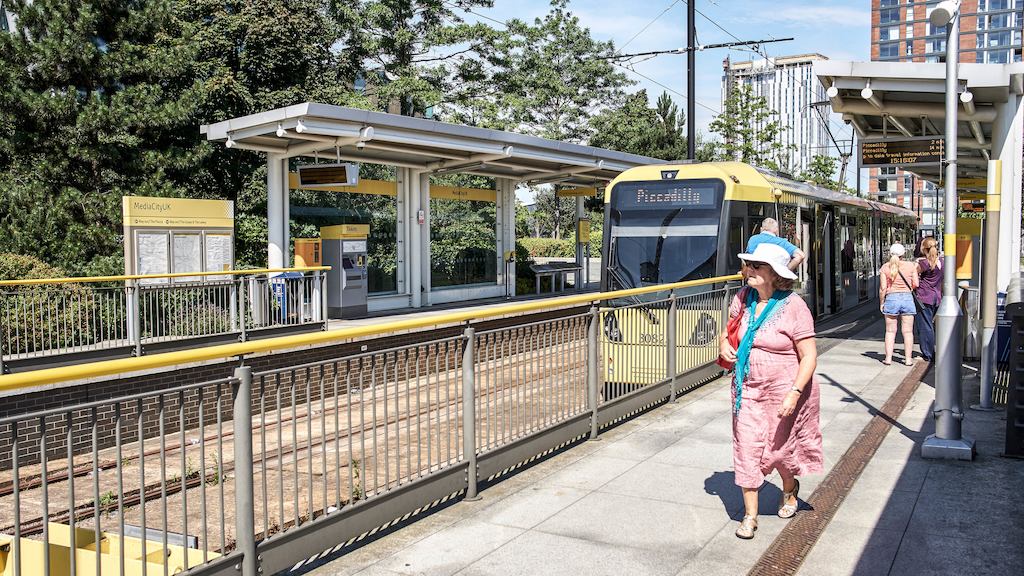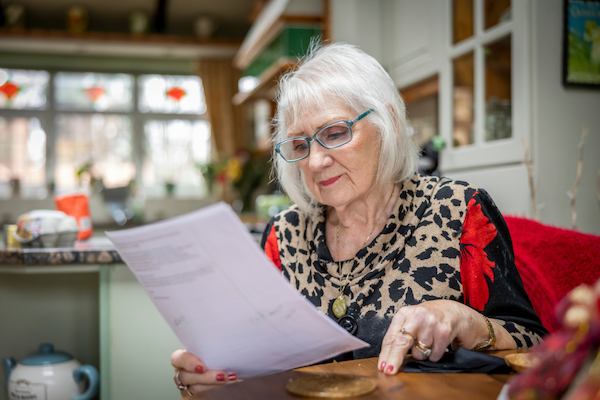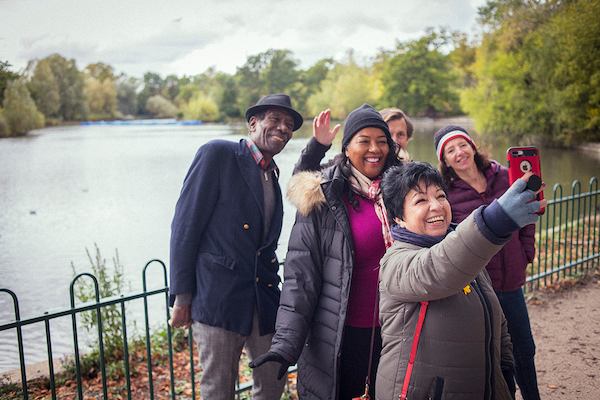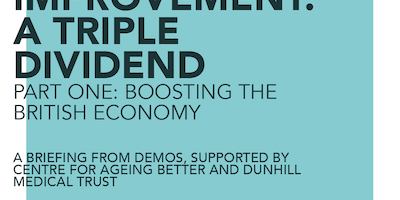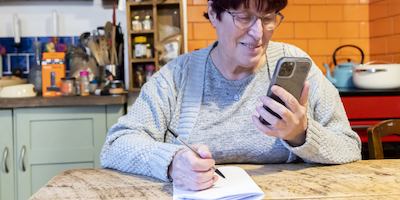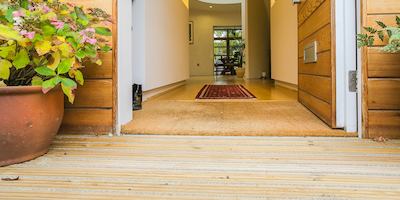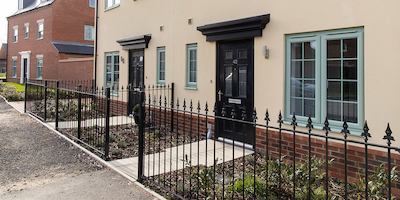Just this week Ageing Better highlighted that more than 500,000 homes headed by someone over 55 are hazardous in terms of a significant risk of falls on stairs.
And all this comes with a significant personal and national cost. Falls can set off a life-changing chain of events which can include broken bones, surgery, lengthy hospital stays, and rehabilitation and which can ultimately result in a significant decrease to quality of life and independence, as general mobility and wellbeing decline.
Removing serious fall hazards from older people’s homes would save the NHS £330m a year. Combine improving people’s homes with improving people’s strength and balance and then the risk of falls really starts to plummet. Evidence shows that specific programmes for improving strength and balance can reduce the risk of falls by as much as 55 per cent. That is why action is needed and why Greater Manchester has taken an innovative and targeted approach to help tackle the problem.
Greater Manchester’s Case-Finding for Falls Prevention Pilot
The Case-Finding for Falls Prevention pilot campaign is a groundbreaking pilot that’s putting Greater Manchester on the map for digital innovation in prevention. Launched in February 2025, the project is running in the South Wigan Ashton North (SWAN) Primary Care Network, serving a population of around 37,000 people.
This world-first initiative uses the eFalls digital tool to analyse GP records and identify individuals at moderate risk of falling. The NHS Greater Manchester data team conducts the searches, and those identified are invited for a health check and offered early, evidence-based interventions, including the Falls Management Exercise (FaME) Programme, advice on vision assessment, and other tailored support.
The pilot is currently focused on validating the search and engagement process, ensuring accurate identification, and encouraging uptake of effective interventions. A mixed-methods evaluation led by the University of Manchester combines routine health data with questionnaires and interviews to understand both the impact and the experience for residents.
The project was funded by a £100,000 grant from the Office for Health Improvement and Disparities (OHID) and the Centre for Ageing Better. It represents a shift towards proactive, data-driven prevention. If successful, we hope this will become a scalable model for Greater Manchester, Nationally and Internationally, transforming how we support older adults to live well.
A system-wide effort to improve lives
We have been using this week’s Falls Prevention Awareness Week as a key moment to spotlight the collaborative work happening across Greater Manchester to reduce falls and improve outcomes for older people in our communities. This year’s theme for the awareness week is From Awareness to Action which highlights the role that prevention can play. We’re proud to showcase a range of resources and a pioneering pilot project that’s helping to identify and support older adults before a fall occurs.
